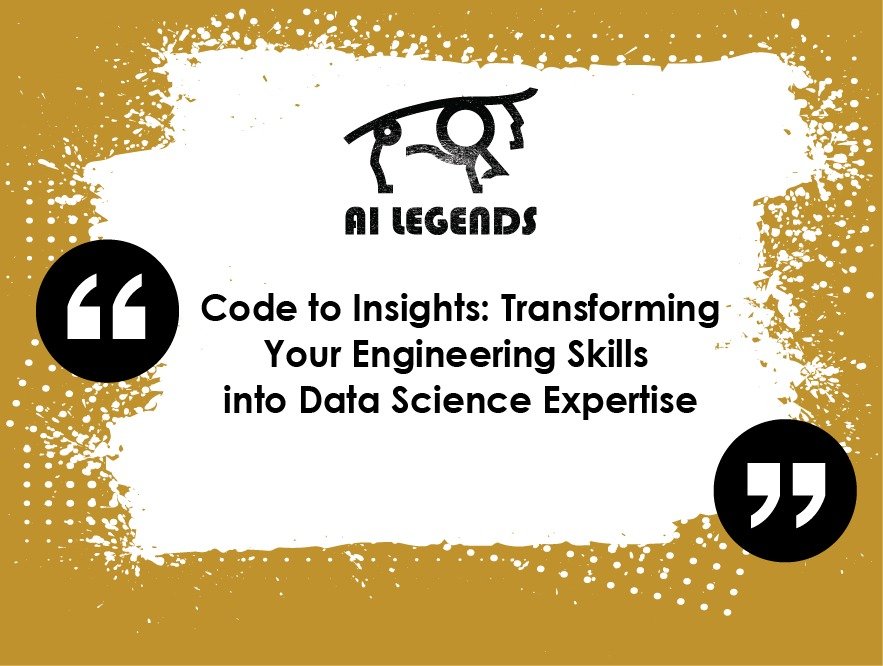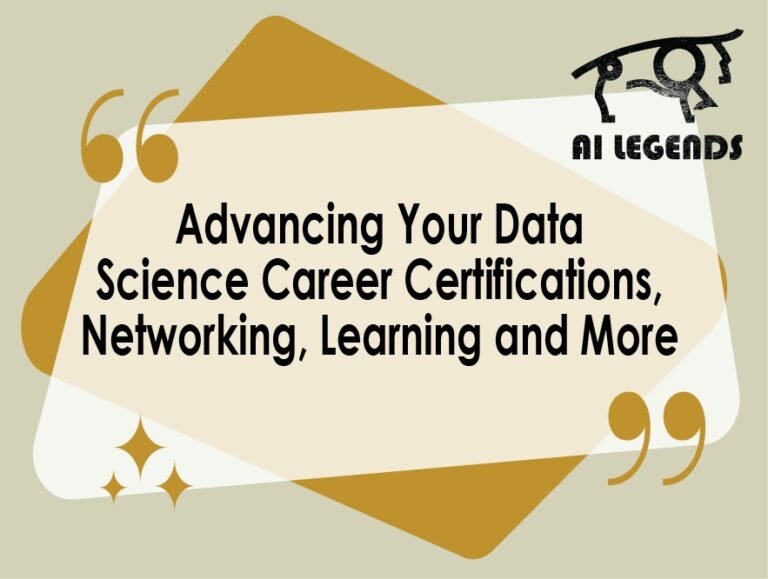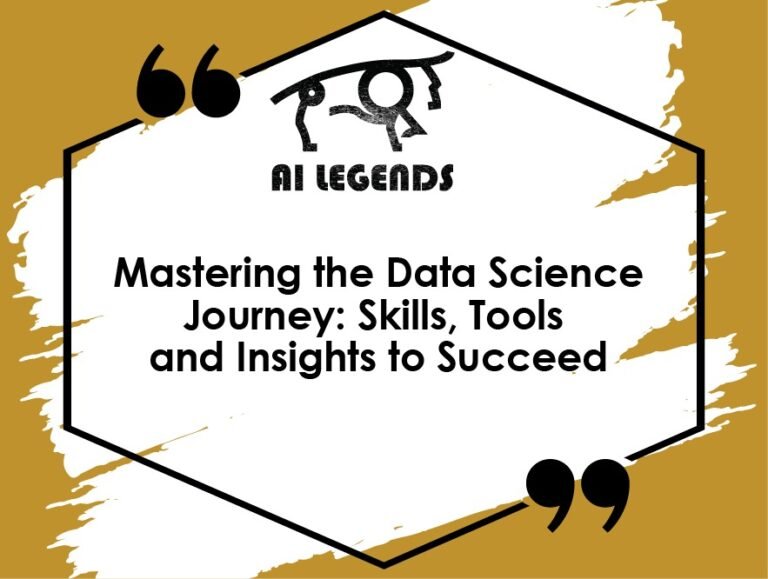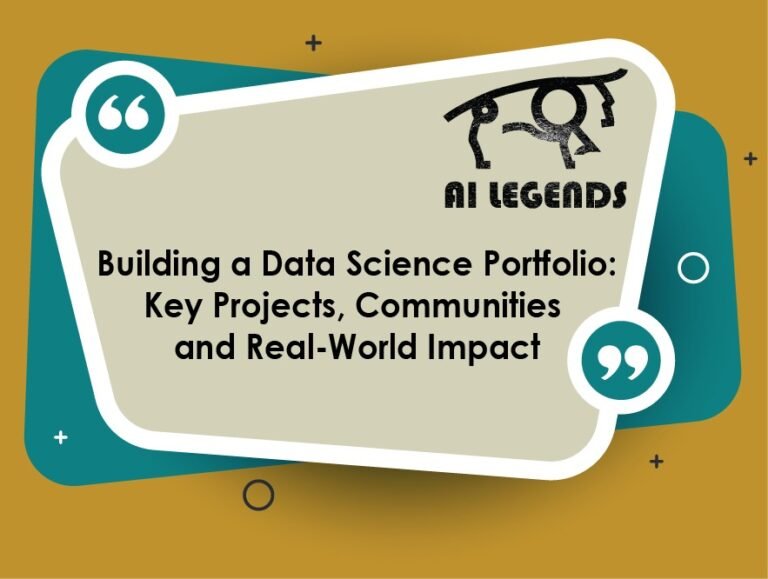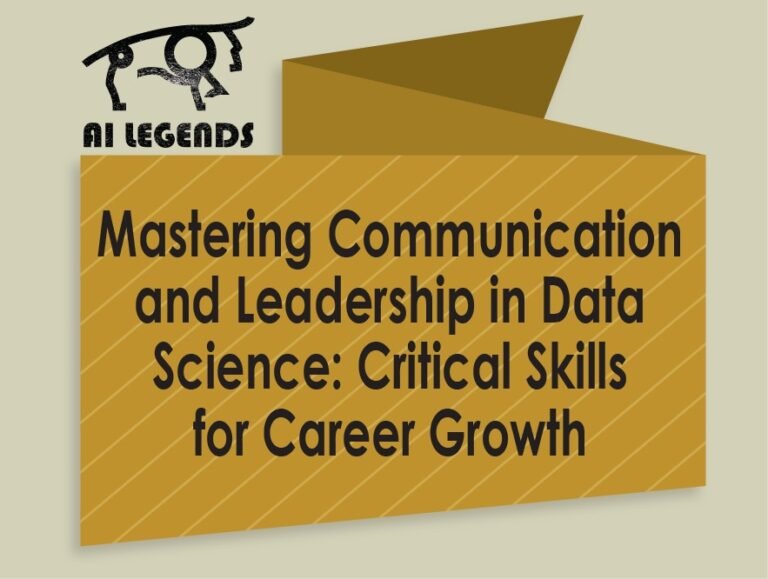Code to Insights: Transforming Your Engineering Skills into Data Science Expertise
Assume you’re an engineer capable of creating systems, solving issues, and transforming abstract concepts into tangible solutions. But what if you could apply your problem-solving abilities to the vast data universe? What if you could forecast the future, improve complicated processes, and discover hidden insights that drive corporate strategy?
Data science is the modern-day alchemy, combining math, programming, and curiosity to transform raw data into gold. What is the good news? You are already halfway there if you are an engineer (or from another technical sector such as finance). This book is your road map for navigating the fascinating and ever-changing world of data science. Let’s review the stages, career advancement, and the latest industry trends to ensure that your shift from engineer to data scientist becomes your best success story.
Your First Step: From Engineer to Data Science Adventurer
You’re already a problem solver, so see data science as the ultimate puzzle game. As an engineer, you already have the attitude for success; now, you only need to master the new “tools” of the trade.
- Leverage your engineering skills: Whether you know coding, arithmetic, or systems design, your engineering education provides an advantage. Engineers are natural problem solvers who like working with structured data—characteristics that will help you succeed in data science.
- Math & statistics: You may already have a solid understanding of the arithmetic that underpins machine learning algorithms. Consider it advancement in engineering calculations.
- Problem-solving mindset: Engineers are skilled at breaking down complex issues into smaller, manageable chunks. Data science is all about framing issues in a manner that allows you to use statistical and machine-learning models.
- Get familiar with data science tools: You should stop building methods and start building models. Python (called the “Swiss army knife” of data science) and R (which is great for statistical analysis) are the primary tools you’ll need. Get to know tools like Scikit-learn (for machine learning), Matplotlib/Seaborn, and Pandas (for working with data).
- Online courses and bootcamps: Consider boot camps or courses that provide hands-on experience with the data science toolbox. Platforms like Kaggle, Coursera, and Udacity are packed with tools to help you go from beginner to expert.
- Build a project portfolio: Consider personal projects in your “data science portfolio,” where you may demonstrate your newly acquired talents. Whether you’re forecasting stock prices, studying consumer behavior, or developing a recommendation engine, each project is a tale to tell future employers about your data science journey.
Climbing the Career Ladder: From Data Science Rookie to Expert
Becoming a data science specialist does not happen overnight, but each step is an exciting new chapter. Here’s how your career may unfold:
- Junior data scientist (your first mission): Welcome to the front line. As a junior data scientist, you will work with datasets, do exploratory analysis, and create rudimentary machine-learning models. You may feel like you’re still learning the ropes, but here is where you’ll hone your talents and acquire experience.
- What you’ll do: Clean, alter, and visualize your data. Create basic machine-learning models. Communicate your results to stakeholders.
- What you’ll learn: How to manage dirty, unstructured data and get valuable insights from it.
- Mid-level data scientist (the real challenge): As you grow, you’ll handle increasingly sophisticated challenges, such as fine-tuning algorithms, cooperating with other departments, and experimenting with advanced machine-learning models. You will likely specialize in natural language processing (NLP) or time-series forecasting.
- What you’ll do: Create advanced models, perform tests, and improve current data processes.
- What you’ll learn: You will improve your machine learning abilities and discover new tools such as TensorFlow (for deep learning) and PyTorch (another deep learning framework). Your problem-solving abilities and inventiveness will be the driving elements behind strategic company choices.
- Senior data scientist (becoming the expert): At this level, you’re doing more than just crunching numbers; you’re guiding teams, determining project priorities, and aiding executives in making data-driven decisions. This is where you may get interested in deep learning or more advanced topics like reinforcement learning or computer vision.
- What you’ll do: Lead projects, coach younger team members, provide high-level strategic suggestions, and often work on putting models into production.
- What you’ll learn: You’ll delve deeply into your chosen expertise, becoming an expert in your field.
- Lead Data Scientist / Data Science Manager (Leading the Charge): You are now managing teams, driving the data science strategy, and ensuring the company’s data goals align with business objectives.
- What you’ll do: Supervise teams of data scientists, solve big problems, and come up with long-term plans for data.
- What you’ll learn: Leadership, business planning, and how to explain technical information to people who aren’t experts in the field.
- Chief data officer (the pinnacle): If you’ve advanced to the position of CDO, you’re in charge of the whole organization’s data strategy. You will guarantee that the organization uses data to gain a competitive edge, upholds governance requirements, and drives innovation across divisions.
Specialize or generalize? Finding Your Data Science Superpower
Consider data science as a large galaxy with several planets (specializations). While being a generalist is great, mastering one of these “planets” might help advance your career.
- Natural Language Processing (NLP): You’ve seen NLP in action if you’ve ever interacted with a chatbot or utilized speech recognition software. NLP entails training computers to recognize, interpret, and react to human language. It’s a fast-growing area with applications in customer service, content suggestions, and even healthcare.
- Computer Vision: If pictures and videos attract you, computer vision is your specialty. From face recognition to self-driving cars, computer vision is transforming healthcare, retail, and entertainment sectors.
- Deep Learning: This is the cutting edge of AI. Deep learning uses neural networks that can replicate human brain processes to solve issues. It goes behind the scenes of self-driving vehicles, virtual assistants, and face recognition technologies.
- Data Engineering: Not everyone aspires to be the “wizard” who creates sophisticated models. Some choose to be the “architect” who makes the infrastructure to support these concepts. Data engineers develop systems that manage massive amounts of data; data scientists can perform their magic with them.
Data analyst vs. Data Scientist vs. Machine Learning Engineer: What’s the Difference?
These roles may sound similar, but each has its own career path and set of responsibilities:
- Data analyst: Consider a data analyst the “detective” of the data world, delving through data to discover trends and patterns. Analysts concentrate on reporting and descriptive analytics, while data scientists study predictive or prescriptive analytics.
- Data scientist: You’re the “strategist,” using innovative ways to forecast future results. Data scientists create models and algorithms, often collaborating with engineering teams to bring those models into production.
- Machine learning engineer: Machine learning engineers are the “builders” in data science. They ensure that machine learning models are scalable, efficient, and ready for production. Their coding and algorithm proficiency makes data science theory a reality.
Industries Hiring Data Scientists: Where Will You Shine?
The need for data scientists is enormous, and numerous companies compete for your skills. Here are some significant areas that hire data scientists:
- Tech: Companies like Google, Facebook, and Amazon always search for data scientists to optimize algorithms, enhance user experiences, and make better business choices.
- Healthcare: With advances in predictive analytics and customized medicine, healthcare organizations need data scientists to evaluate patient data, simplify operations, and create novel therapies.
- Finance & Fintech: Data scientists help financial organizations manage billions of dollars by detecting fraud and assessing risks. Fintech businesses, in particular, are actively recruiting talent to power their data-driven breakthroughs.
- Retail: Retailers have invested significantly in data science, from consumer suggestions to inventory management. Companies like Amazon and Walmart continuously study data to optimize their supply chains and customer experiences.
- Entertainment: Streaming services such as Netflix and Spotify thrive on data. They use machine learning to study user behavior and forecast what content to propose next.
Your path from engineer to data science specialist is one of continuous learning, development, and invention. By developing your engineering mentality, learning data science techniques, and carving out your specialty, you may open up a world of possibilities in a profession that is both intellectually satisfying and full of options.
So, are you prepared to leap? Your data science journey awaits!

